Have you ever waited an entire year for Diwali? Do you eagerly await to bask in the celebrations and joy shared by billions during Deepawali? There’s no denying the fact that Diwali is quite possibly the most important festival in Hinduism and even in non-Hindu communities like Jains & Sikhs. It’s a festival that brings people from all walks of life together. It’s a festival that’s discussed in-depth every year but there’s still so much to explore about Deepawali! This is exactly why we at Rudralife are writing this article to examine every aspect of Diwali and what makes it so special among billions of loyal devotees. So read on to find out everything you need to know about Diwali!
Why Diwali is Celebrated

So why has Diwali been consistently celebrated for over thousands of years and evolved over that time? It’s because Diwali is the ultimate symbolization of good’s triumphant victory over evil. However, the reason for celebrations may differ based on the region. North India celebrates the return of Lord Rama to Ayodhya after 14 years of exile and defeating Ravana. South India celebrates Lord Krishna’s victory over Naraksura. In East India, devotees worship the fiery, aggressive, but empathetic Maa Kali. The Jain community celebrates Diwali in the form of Mahavira Nirvana Divas and the Sikh community celebrates the release of Guru Hargobind also known as Bandi Chhor Divas. Almost every community has its reason for celebrating this joyous occasion. People from all walks of life even buy a 7 Mukhi Rudraksha or a 7 Mukhi Cashbox to amplify the blessings they receive during Diwali.
Diwali 2024 Dates
The festival of Diwali does not have a fixed date. It follows the Hindu calendar and falls on the month of Kartika, which is usually in October-November. Diwali 2024, it begins on October 28th and ends on 3rd November. As Muhurat is an important aspect of the festival, it’s integral for devotees to know what the timings are – this year, puja timings will be auspicious between 5:36 PM to 6:16 PM.
How Diwali is Celebrated

Despite humans evolving over the past millennium or so, Diwali has managed to retain a lot of the rituals and traditions that make this festival so special, with only a few changes here & there. Most traditions followed even today have existed for ages and it doesn’t look like it’s about to change any time soon, some of the ways how Diwali is celebrated are –
Light Diyas – Something that has existed for eons is the lighting of oil lamps or diyas, devotees do this to invite Mahalakshmi into their homes and this is also partly why Diwali is known as the festival of lights.
Decorations – People clean up their homes and decorate them with rangolis and other intricate artworks and lighting.
Buying & wearing clothes – Every year, millions of people shop for new clothes and even other accessories like jewelry and watches.
Fireworks – Quite possibly the most popular aspect of Diwali, every year, the sky is ablaze with beautiful and vibrant fireworks. It’s believed that setting up fireworks illuminates the skies and guides Lord Rama back home.
Worshiping – Like most festivals, devotees spend time worshiping deities. In Diwali, many worship Goddess Lakshmi. The Bengali community worships Maa Kali. The effects of this worship are amplified for those who wear the 7 Mukhi Rudraksha.
Bhai Duj – The last day of Diwali is marked by Bhai Duj, an occasion where the sister puts a tilak on her brother/s and the brother brings a gift along with him.
Where Diwali is Celebrated
Unlike common misconceptions, Diwali isn’t just celebrated exclusively in India. In fact, it’s celebrated virtually all over the world. Diwali is widely celebrated in the Indian subcontinent, and countries like Nepal, Sri Lanka, and even Pakistan. Other countries like Guyana, Fiji, Malaysia, Mauritius, Myanmar, Suriname, Trinidad & Tobago, and even Singapore.
What Diwali Teaches Us
Diwali always teaches us the importance of being good and how good always triumphs over evil. It’s an optimistic celebration of how light shines the brightest in the dark. It teaches us to always be a morally upright person and fight for good, no matter the cost. Staying positive and moral even in challenging times can be difficult, which is why we at Rudralife recommend the 9 Mukhi Rudraksha which shields the wearer from all evil forces.
Conclusion
It’s fascinating and humbling to think that Diwali has been celebrated long before our existence and will be celebrated long after our existence too. It’s a testament to the grandiosity of the festival and how deeply auspicious it is for Hindus all around the globe. To harness the sacred energies during Diwali, you can always consult an expert from Rudralife and begin your spiritual journey with Rudraksha today!


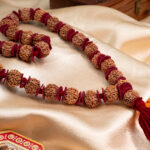
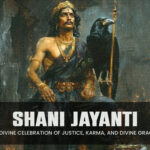
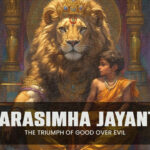
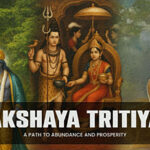

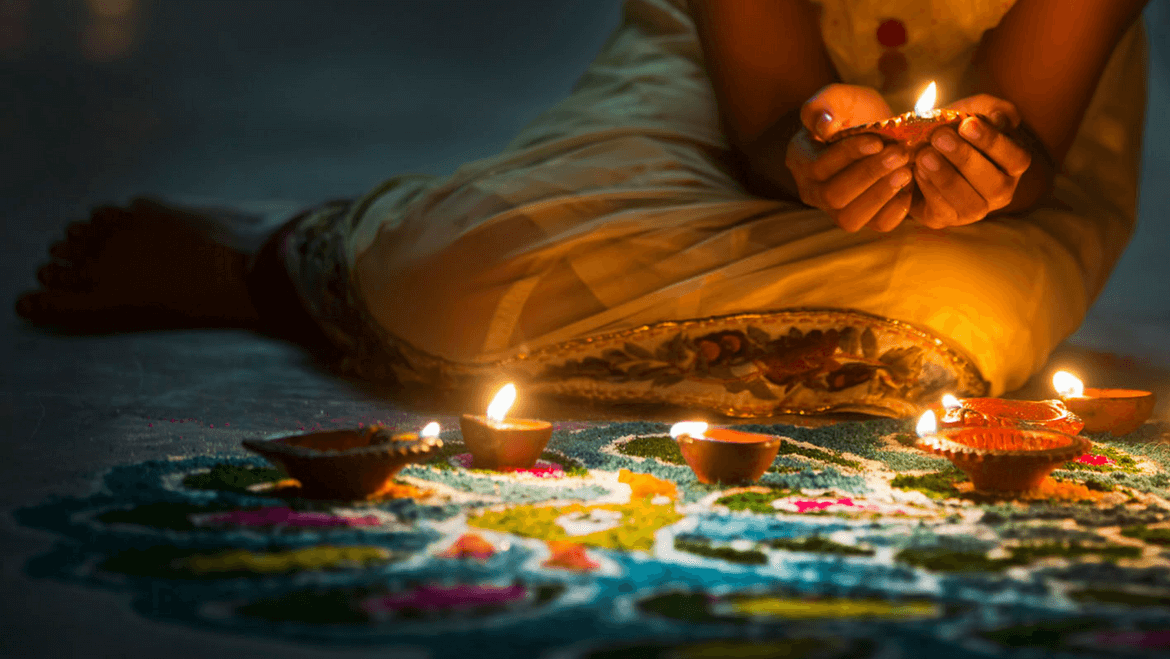
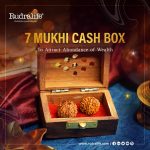
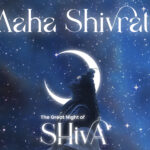
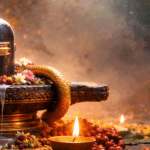
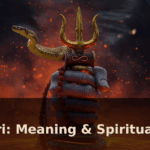

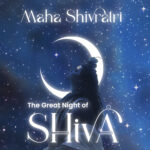
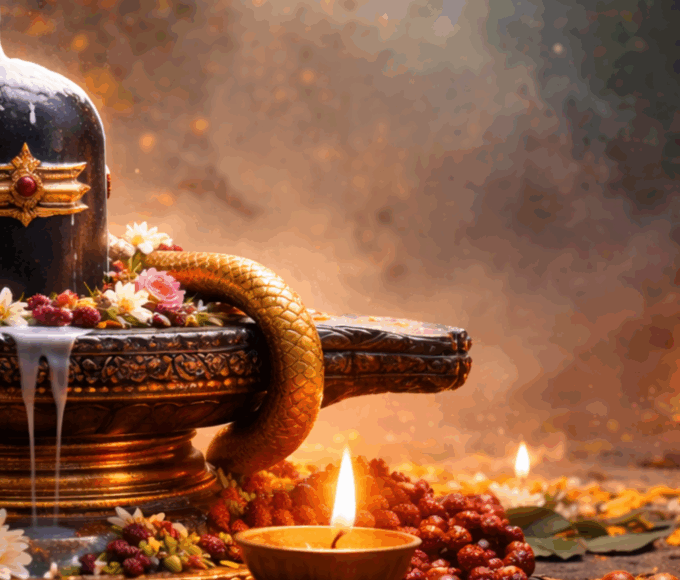
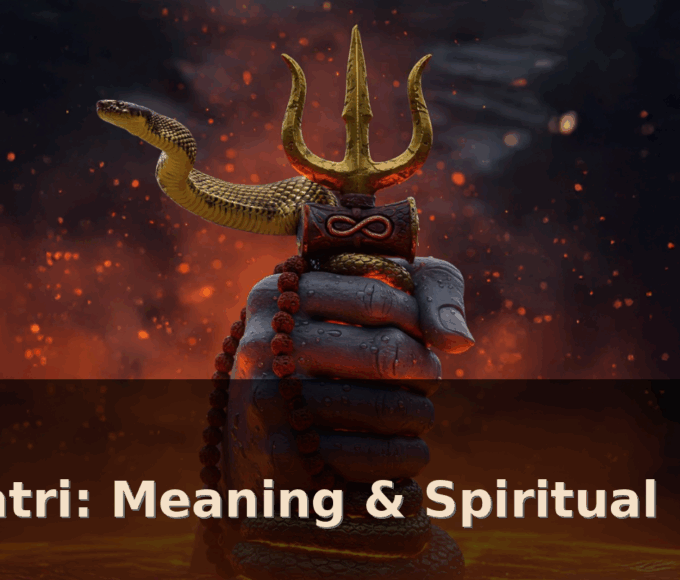
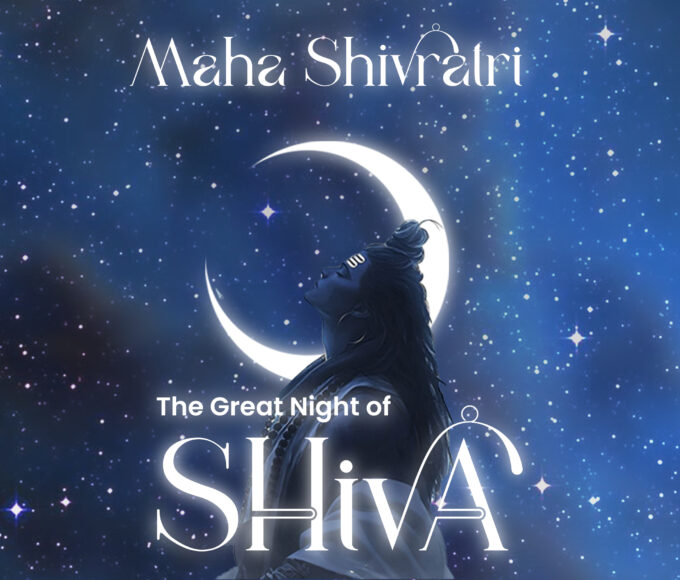
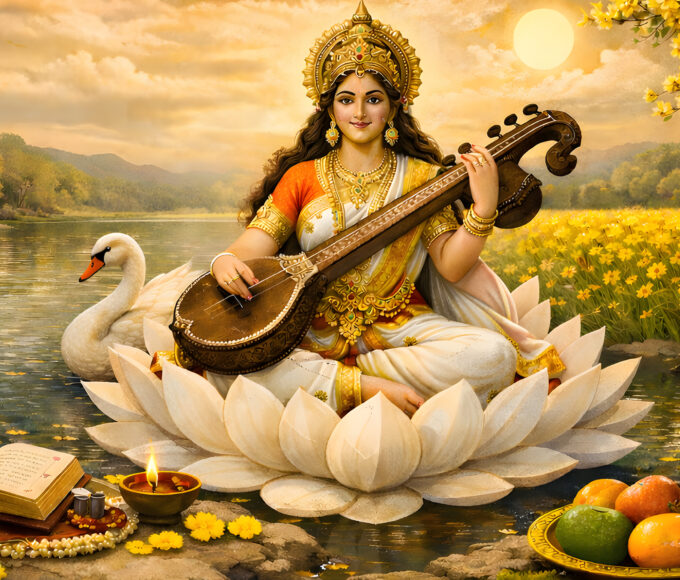
Leave a comment